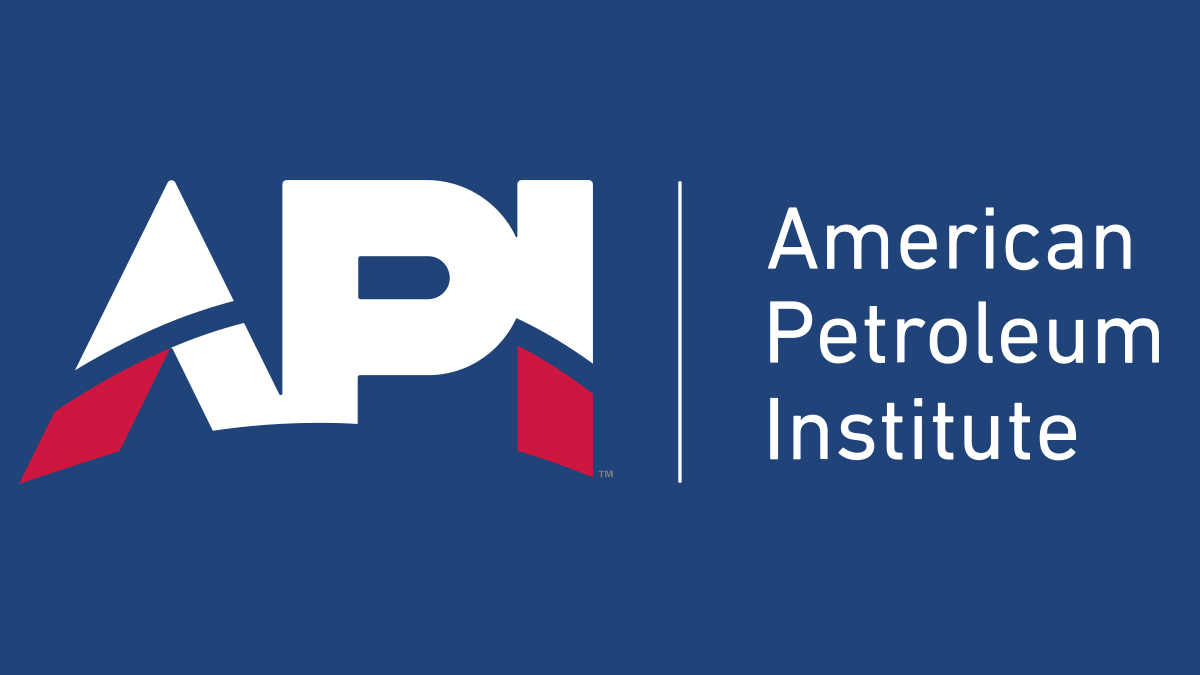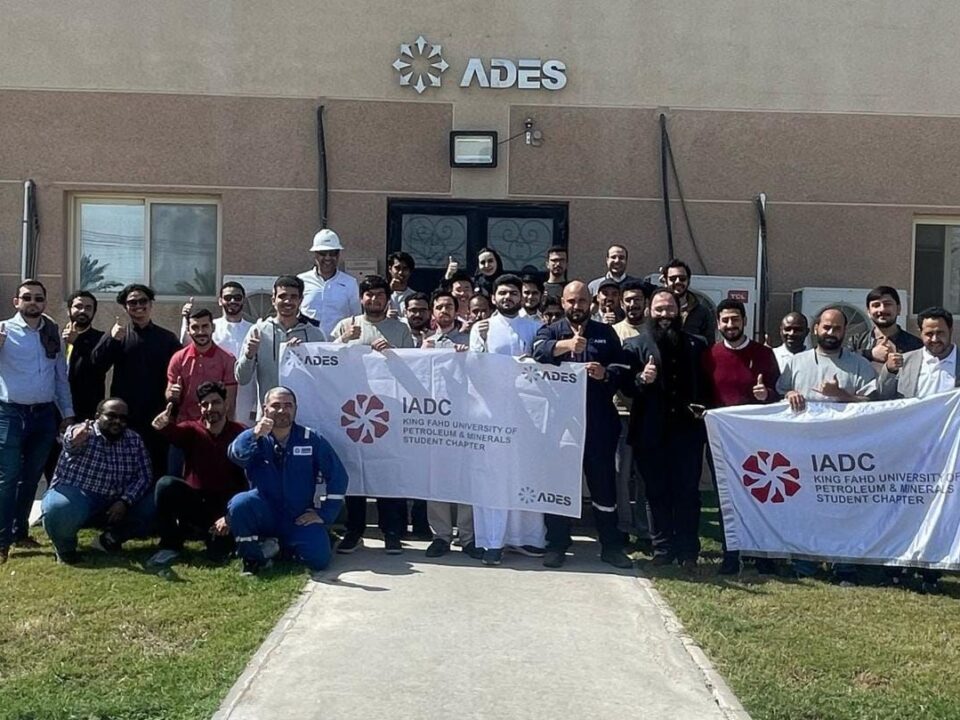On 25 March 2021, the American Petroleum Institute (API) released its policy framework of industry and government actions to address the risks of climate change while meeting the world’s long-term energy needs. Included in the framework is API’s shared analysis, initiatives and policy solutions to build on the progress the U.S. has made in driving emissions to generational lows, including, inter alia; accelerating technology and innovation. In short, this framework seeks to:
Accelerate Technology and Innovation to reduce emissions while meeting growing energy needs.
- Fast-track the commercial deployment of carbon capture, utilization and storage (CCUS).
- Advance hydrogen technology, innovation and infrastructure.
- Advocate for the full appropriations of funds for research, development and deployment (RD&D) programs authorized in the bipartisan Energy Act of 2020.
Further Mitigate Emissions from Operations to accelerate environmental progress.
- Advance direct regulation of methane from new and existing sources.
- Develop a refinery carbon reduction program for API member companies.
- Deliver flaring reduction results as part of The Environmental Partnership’s flare management program.
Endorse a Carbon Price Policy to drive economy-wide, market-based solutions.
- Advocate for sensible legislation that prices carbon across all economic sectors while avoiding regulatory duplication.
Advance Cleaner Fuels to provide lower-carbon choices for consumers.
- Develop markets for differentiated U.S. natural gas.
- Support policies to advance lower-carbon electricity.
- Reduce lifecycle emissions in the transportation sector.
Drive Climate Reporting to provide consistency and transparency.
- Expand ESG reporting guidance for the natural gas and oil industry.
- Develop a concise, minimum template of core greenhouse gas emissions indicators providing relevant information and enhancing consistency and comparability in reporting.
- Build on API compendium of GHG emissions methodologies for the natural gas and oil industry.
See here for the policy framework and fact sheet guide.





